Vitamins are important nutrients that our bodies need to stay healthy. They help us maintain healthy skin, hair, and eyes, support our immune system, and give us energy. But not getting enough of certain vitamins can cause health problems. In this article, we’ll talk about why vitamins are important and what can happen if you don’t get enough of them.
Why Are Vitamins Important?
Vitamins are important because they help our bodies work properly. They help us grow, heal when we’re sick, and stay healthy. We need to get vitamins from the food we eat because our bodies can’t make them on their own.
Types of Vitamins
There are two types of vitamins: fat-soluble and water-soluble. Fat-soluble vitamins (A, D, E, and K) are stored in our body’s fat and can build up to dangerous levels if we take too much. Water-soluble vitamins (B-complex and C) are flushed out of our bodies if we take too much.
What Happens if You Don’t Get Enough Vitamins?
If you don’t get enough of certain vitamins, you can get sick. For example:
- Not getting enough vitamin A can cause problems with your eyesight and skin.
- Not getting enough vitamin B can make you tired and weak and can cause problems with your nerves.
- Not getting enough vitamin C can cause bleeding gums and make it hard for you to fight off infections.
- Not getting enough vitamin D can make your bones weak and put you at risk for broken bones.
- Not getting enough vitamin E can cause nerve damage and make it hard for you to see.
- Not getting enough vitamin K can cause bleeding problems.
How to Get Enough Vitamins?
To make sure you get enough vitamins, it’s important to eat a healthy diet. You can get vitamins from lots of different foods, like fruits, vegetables, whole grains, and lean proteins. Some foods are especially good sources of certain vitamins, like:
- Sweet potatoes, carrots, and leafy greens for vitamin A
- Whole grains, nuts, and legumes for vitamin B
- Citrus fruits, berries, and tomatoes for vitamin C
- Fatty fish and fortified foods for vitamin D
- Nuts, seeds, and leafy greens for vitamin E
- Leafy greens, broccoli, and Brussels sprouts for vitamin K
- If you’re not getting enough vitamins from your diet, you can take a vitamin supplement. But it’s important to talk to your doctor before taking any supplements.
Vitamins are important for staying healthy. Not getting enough of certain vitamins can cause health problems, but you can get enough vitamins by eating a healthy diet.
You can also get a powerful dose of nutrients delivered straight to your bloodstream throughout an IV vitamin infusion, improving your energy levels, immune function, and more.
Say goodbye to the sluggishness and hello to a revitalised you!
If you suspect that you may have a vitamin deficiency, contact us to help you take care of your body.


